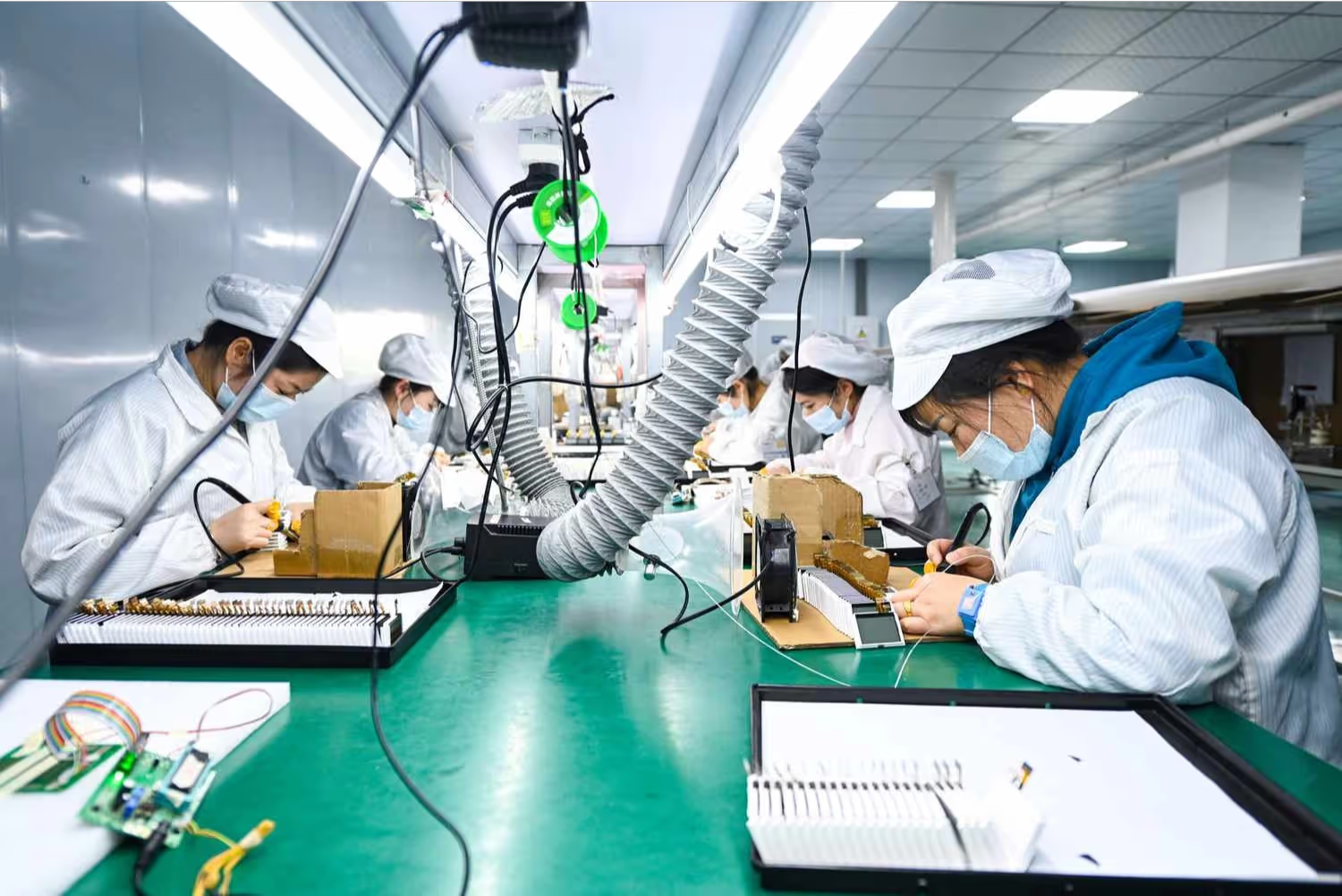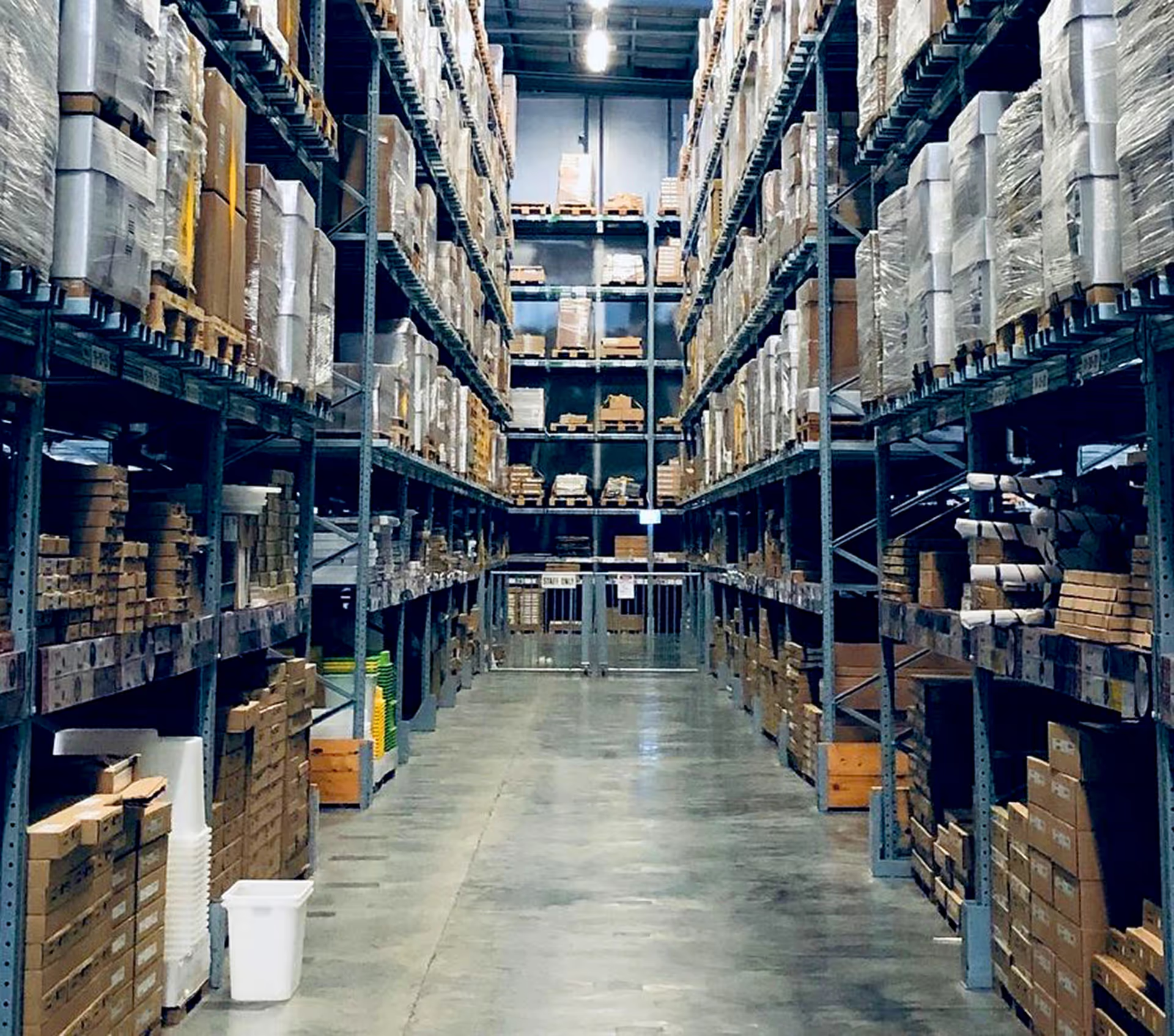Choosing the right manufacturer is one of the most critical decisions for e-commerce brands and drop-shipping businesses. Your choice will impact product quality, cost efficiency, and overall success. However, distinguishing between legitimate factories and intermediaries can be challenging.
By conducting thorough due diligence, you can avoid unexpected costs, quality issues, and compliance risks. This guide will help you evaluate manufacturers systematically to find the best fit for your business
Finding and Evaluating Manufacturers
Using Online Platforms to Identify Potential Suppliers

Start by searching platforms like:
- Alibaba – Global supplier marketplace
- 1688 – Chinese supplier marketplace with lower prices
- Made-in-China – Industrial goods supplier
- AliExpress – Ideal for smaller-scale sourcing
At this stage, cast a wide net to gather potential leads.
Contacting Suppliers to Find Specialists
Reach out to multiple manufacturers to determine who specializes in your product. Ask:
- What other products do they produce?
- How long have they been manufacturing this item?
- What are their key markets?
These questions help you identify suppliers with deep expertise in your niche.
Assessing Knowledge to Distinguish Factories from Middlemen
Factories will be able to answer technical questions about materials, processes, and customization immediately. Middlemen, on the other hand, typically delay responses while consulting actual factories.
Choosing the Right Manufacturer

Matching Factory Size to Your Needs
Your ideal manufacturer depends on your business size and growth plans:
Small Factories: Flexible but Limited
Pros:
- Willing to accept low minimum order quantities (MOQs)
- More flexible with customizations
Cons:
- May lack quality control measures
- Limited capacity for large orders
Large Factories: Scalable but Less Personal
Pros:
- Consistent quality control
- Can handle high production volumes
Cons:
- Require large MOQs
- Less flexibility for small brands
Mid-Sized Factories: A Balanced Choice
Pros:
- More adaptable for growing brands
- Lower MOQs than large factories but better quality than small ones
Cons:
- May lack automation found in large-scale factories
Ensuring Compliance and Certifications
For direct-to-consumer brands selling on platforms like Amazon and Walmart, compliance is essential. Common certifications include:
- UL – Ensures electrical safety (electronics)
- FDA – U.S. compliance for cosmetics and supplements
- ASTM F963 – U.S. toy safety standards
Always request and verify certification documents before proceeding.
Evaluating Samples and Production Capabilities

Testing Samples for Quality and Functionality
When ordering samples, evaluate:
- Material quality
- Durability and performance
- Packaging and labeling
Well-structured sample testing ensures you choose the best manufacturer.
Assessing Problem-Solving Abilities
Give factories hypothetical challenges to gauge their expertise. For example:
- Electronics: "If a charging issue arises, how would you diagnose it?"
- Skincare: "How would you fix a formula separation issue?"
Manufacturers that provide clear, structured answers are more reliable partners.
Final Thoughts
Key Takeaways
- Contact multiple suppliers to compare knowledge and service.
- Filter out middlemen by asking technical questions.
- Verify factory certifications for compliance.
- Use structured sample evaluations to assess quality.
- Consider outsourcing sourcing to streamline the vetting process.
Following these steps ensures you select a manufacturer that aligns with your business goals.




.jpg)

.png)



